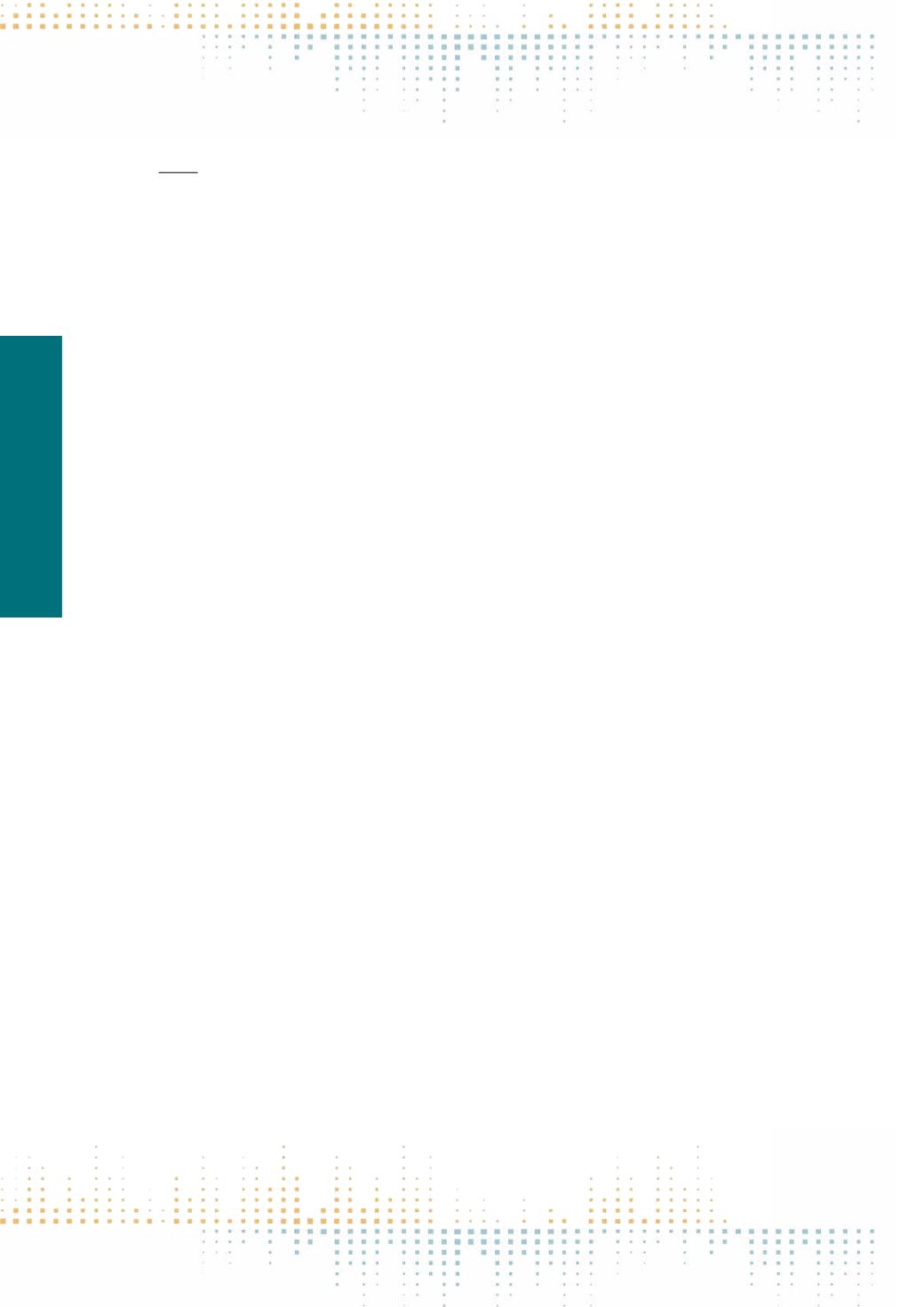

292
Saturday, November 12
1 1 : 0 0 – 1 2 : 3 0
PN 297
Is the Pope Judging You? Digital Narratives, Religion and LGBTQs in Italy
G. Evolvi
1
1
University of Colorado, Boulder, USA
‘If someone is gay, and searches for the Lord and has good will, who am I to judge?’ (Donadio, 2013). With these words, Pope Francis addressed the prob‑
lem of gay clergy within the Catholic Church. His ‘who am I to judge?’statement kindled debates worldwide, with a number of media outlets interpreting
the sentence as an attitude-change of the Catholic Church towards homosexuality. Discourses around Catholicism and religion are relevant in Italy, where
the presence of theVatican produces a peculiar intertwinement of religion, culture and politics, and where there are presently no same-sex unions.The pres‑
ent study takes into account different narratives of LGBTQs in the digital space, focusing on how media can promote activism in support or against LGBTQ
rights. In particular, it explores: 1) UAAR (Union of Atheists and Agnostic Rationalist,
http://www.uaar.it/), which openly supports LGBTQ rights and offers
a venue for non-heterosexual people to create new meanings in opposition to traditional Catholic values. 2) The conservative Catholic group Sentinelle
in Piedi (Standing Sentinels,
http://sentinelleinpiedi.it), which opposes same-sex unions, framing homosexuality as something ‘unnatural’ that can po‑
tentially damage children. Sentinelle in Piedi are not representative of the majority of Catholics, but became recently vocal by organizing public protests.
Sentinelle in Piedi counts homosexuals among its members, such as Giorgio Ponte and Luca di Tolve, who become vocal in the digital sphere in promoting
the choice to live in chastity or to undergo religious-inspired conversion therapies to become heterosexual. Through a Critical Discourse Analysis of blogs,
this study aims at analyzing the role of the Internet in articulating alternative discourses and providing a space of imagination of a different future for
the LGBTQ community in Italy. The Italian attitude towards LGBTQs has often been defined as ‘don’t ask, don’t tell,’ because homosexuality is tolerated as
long as it is not manifested in the public sphere. However, I argue that the Internet can become a space of resistance that makes LGBTQ debates public, even
when overlooked by Italian mainstream media (Warner, 2005). The study showed that the Internet debates around LGBTQs in Italy interpret and discuss
the doctrine of the Catholic Church, giving for example different meanings to the ‘who am I to judge?’ sentence of the Pope. The two groups into analysis
exemplify how the Internet has the potential of creating counterpublics engaging in the definition of meanings and identities. Furthermore, the digital
space allows for the creation of discourses that are more radical than those normally found in other venues. Atheist blogs and conservative Catholic blogs
articulate antithetical discourses that can difficultly be conciliated. Indeed, atheists focus on civil rights, while conservative Catholics on traditional family
values. While atheists frame homosexuals as a ‘minority’, conservative Catholics describe them as a ‘powerful lobby’ that might damage children. While
these are non-mainstream positions within Italy, they add complexity to the LGBTQ rights debate and they exemplify the challenges the country will face in
the future in trying to conciliate the advancement of civil rights with certain religious positions.



















